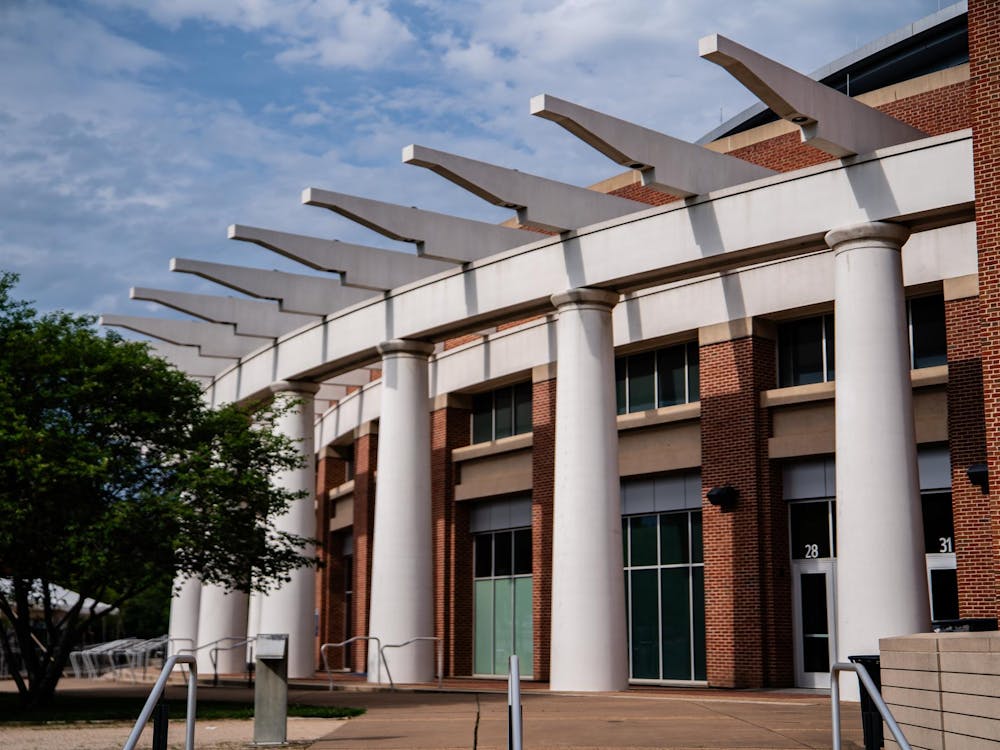The University Library's Electronic Text Center has teamed up with Microsoft Reader, a free software reading tool, to provide the University community and Web users around the world free access to literature.
The partnership is intended not only to enhance the availability of books, but also to read text on an actual computer screen as opposed to printing out an entire book off the Web.
"The whole idea is aimed at trying to get a person to read on the screen for a long period of time like you would an actual book," said David Seaman, director of the E-text Center.
The text on Microsoft Reader looks more like an actual book than other e-texts. The program also allows the reader to highlight, annotate and draw within the text.
But Microsoft Reader is not the only reading program available.
|
The programs Glassbook and Rocket E-Book Reader also are compatible.
Microsoft Reader approached the University's E-text Center because of its world-wide reputation for posting an enormous collection of books online, Seaman said.
Founded in 1992, the E-text Center has about 55,000 texts available on the Web.
The Center's online library contains more Microsoft Reader titles than Barnes & Noble and is also the only university in the nation to have such an extensive library.
So far, the Center has about 1,200 e-books on Microsoft Reader.
Within its first month with Microsoft Reader, about 670,000 texts already have been downloaded.
Students also can access text directly off the E-text Web site (http://extext.lib.virginia.edu/ebooks/). Accessing texts on the Web gives users the option of either reading while online or printing the texts.
On the other hand, downloading the text to Microsoft Reader will save the text on the user's hard drive, which does not give the option of printing.
"It's all in one. A student does not have to carry around 20 books if he or she has it in their laptop," Associate Librarian of Information Technology Martha Blodgett said.
The average size of a downloaded book is about 250K, which is equivalent to only a portion of an MP3 music file.
A computer user can fit about six book files on one floppy disk.
Anyone can access E-text and Reader free of charge thanks to funding from the University, gifts from private organizations, the National Endowment for Humanities, the National Science Foundation and various alumni.
"While we don't make money off the service now, it also doesn't cost us money to put it up," Seaman said.
Seaman expects some textbooks and course packets will be on sale as e-books for use by fall 2001. One class at the University already is in the beginning stages of testing the e-books through the E-text Center.
English Prof. Stephen Railton recently gave his students the option of reading Ralph Waldo Emerson's literature online through Microsoft Reader rather than buying the text.
Railton said his opinion of online reading has now changed.
"I thought there was no way students would read a book on a computer screen. On the other hand, seeing Microsoft Reader, I think it will happen. I think they'll read with comfort or pleasure," Railton said.






